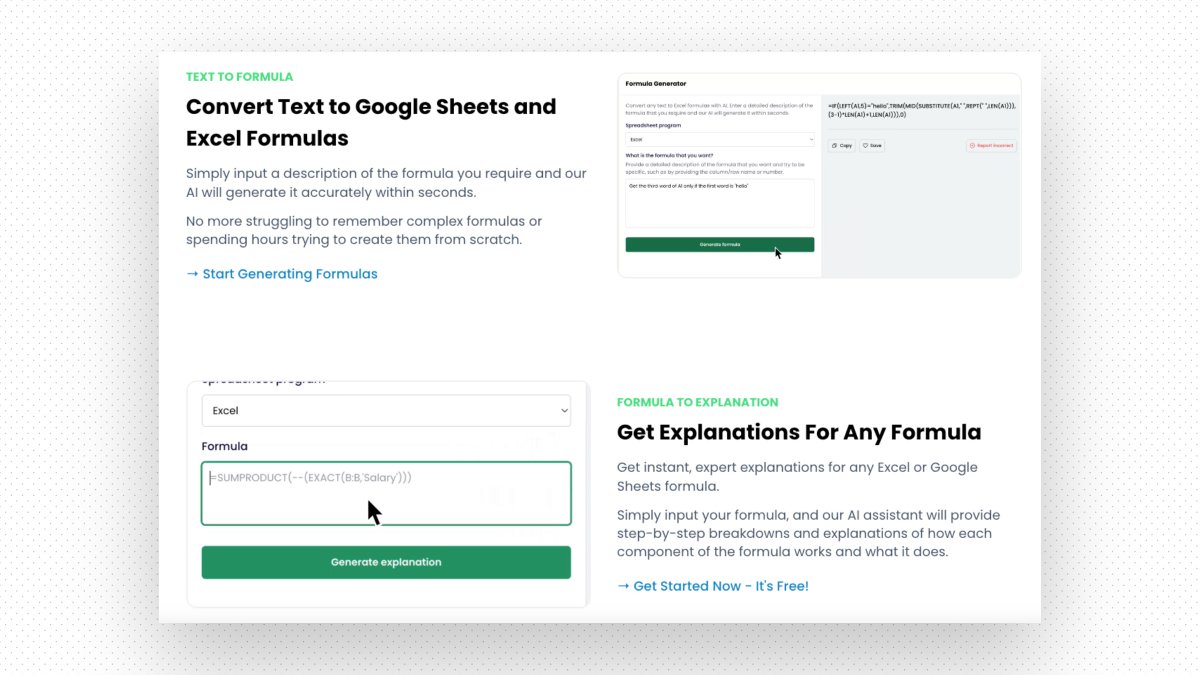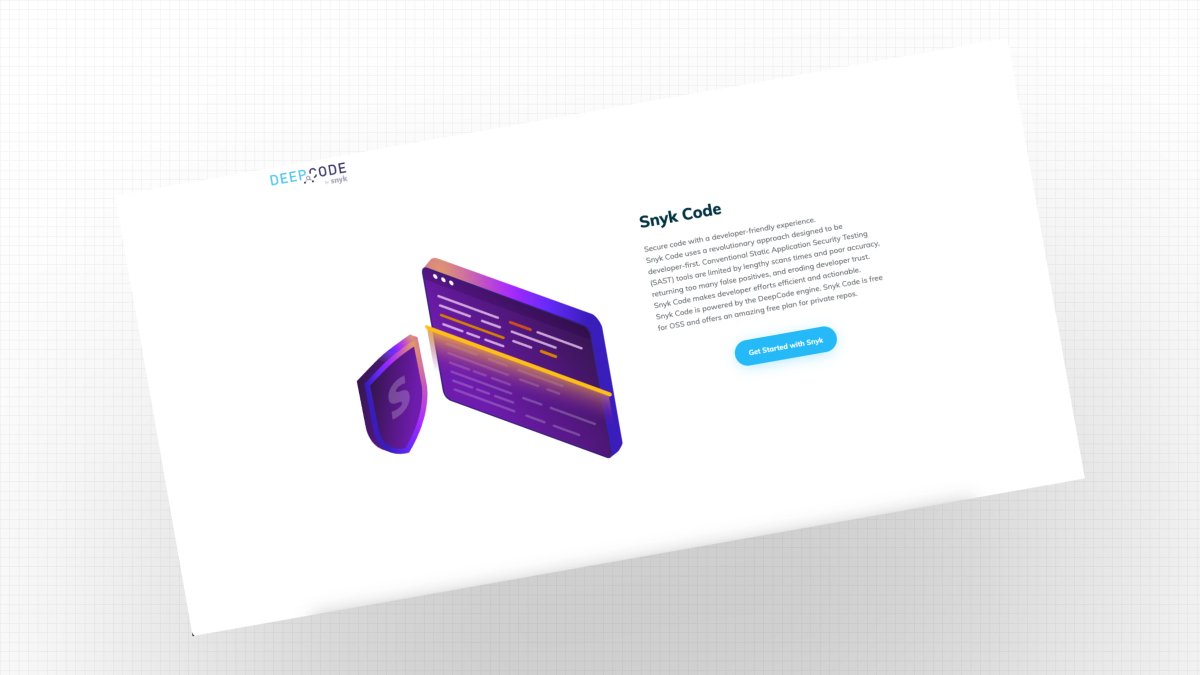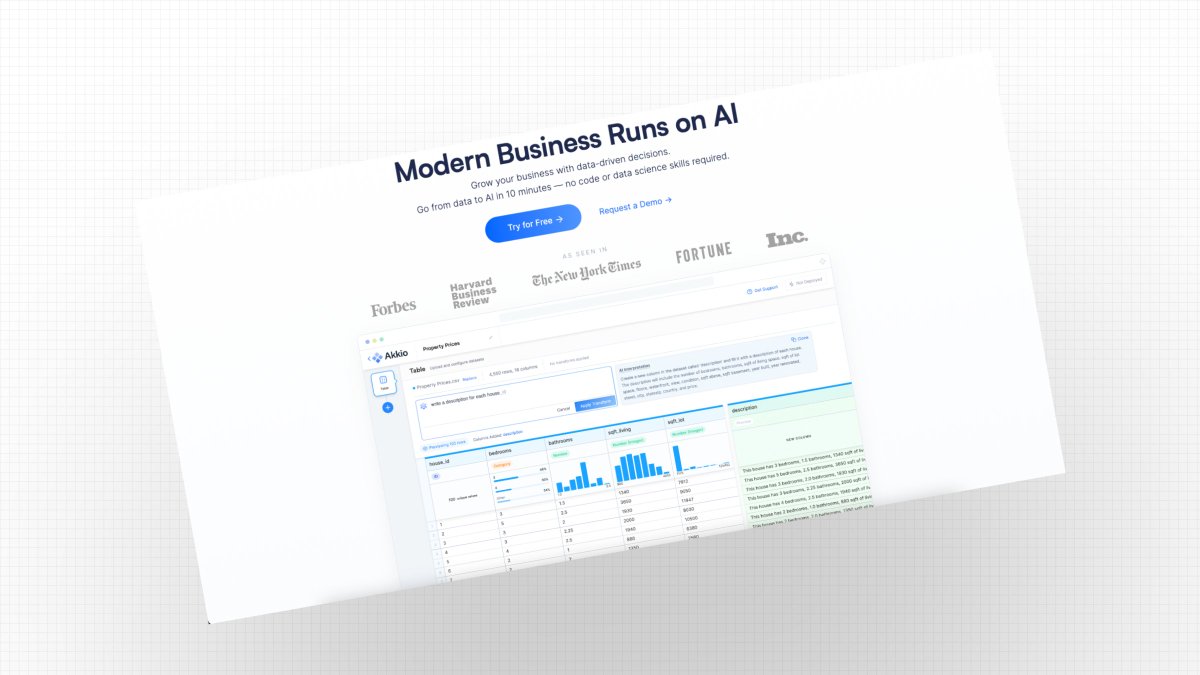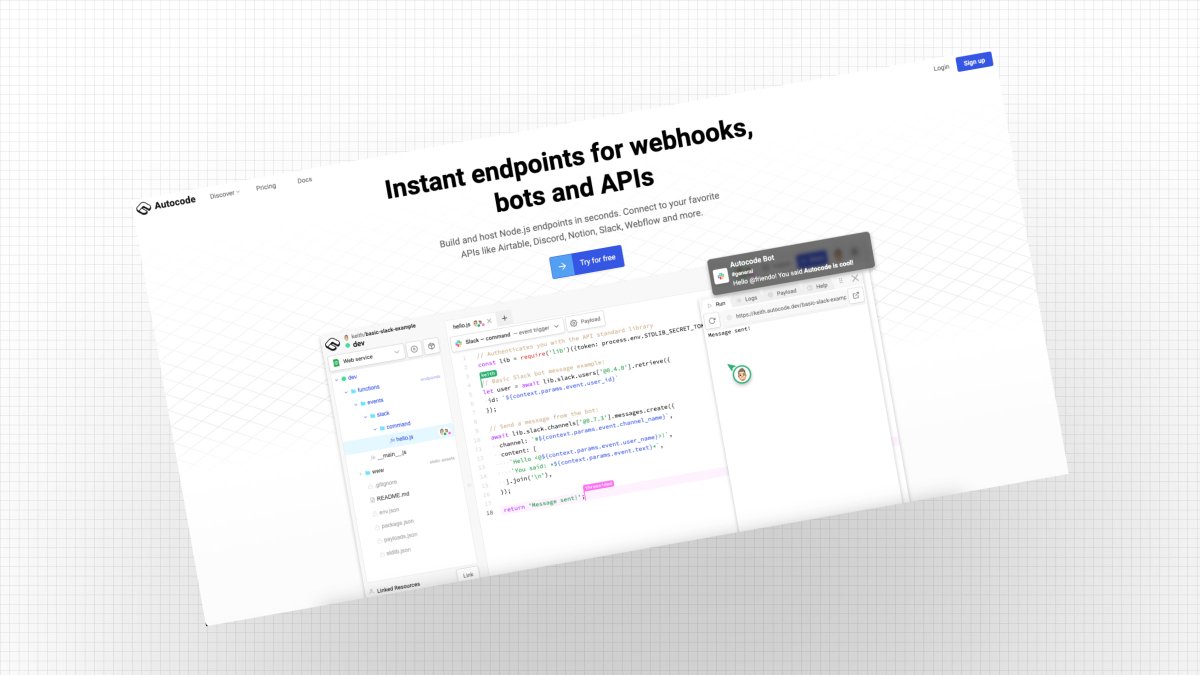Frameworks provide clarity in complex situations.
Here are 20 useful frameworks (on startups, investing, writing, & life):
The Feynman Technique
To learn anything:
Step 1: Identify a topic.
Step 2: Try to explain it to a 5-year-old.
Step 3: Study to fill in knowledge gaps.
Step 4: Organize, convey, and review.
True genius is the ability to simplify, not complicate.
Simple is beautiful.
Directional Arrow of Progress
"Study the undeniable arrows of progress." - @wolfejosh
The future is extremely difficult to predict—but there are clues.
Look at the trend line of progress and where it's pointing—directionally, not precisely.
Invest (or build) accordingly.
The Eisenhower Decision Matrix
Place all of your tasks on a 2x2 matrix of urgency and importance.
(1) Important & Urgent
(2) Important & Not Urgent
(3) Not Important & Urgent
(4) Not Important & Not Urgent
Prioritize, delegate, or delete accordingly.
The Regret Minimization Framework
The goal is to minimize the number of regrets in life.
When faced with a difficult decision:
(1) Project yourself into the future.
(2) Look back on the decision.
(3) Ask "Will I regret not doing this?"
(4) Take action.



